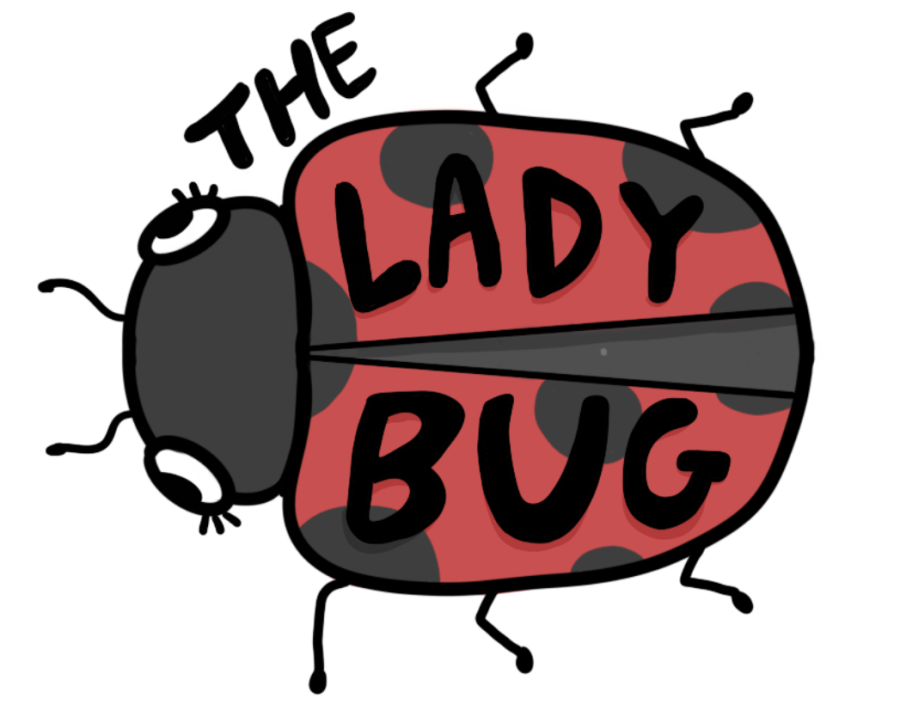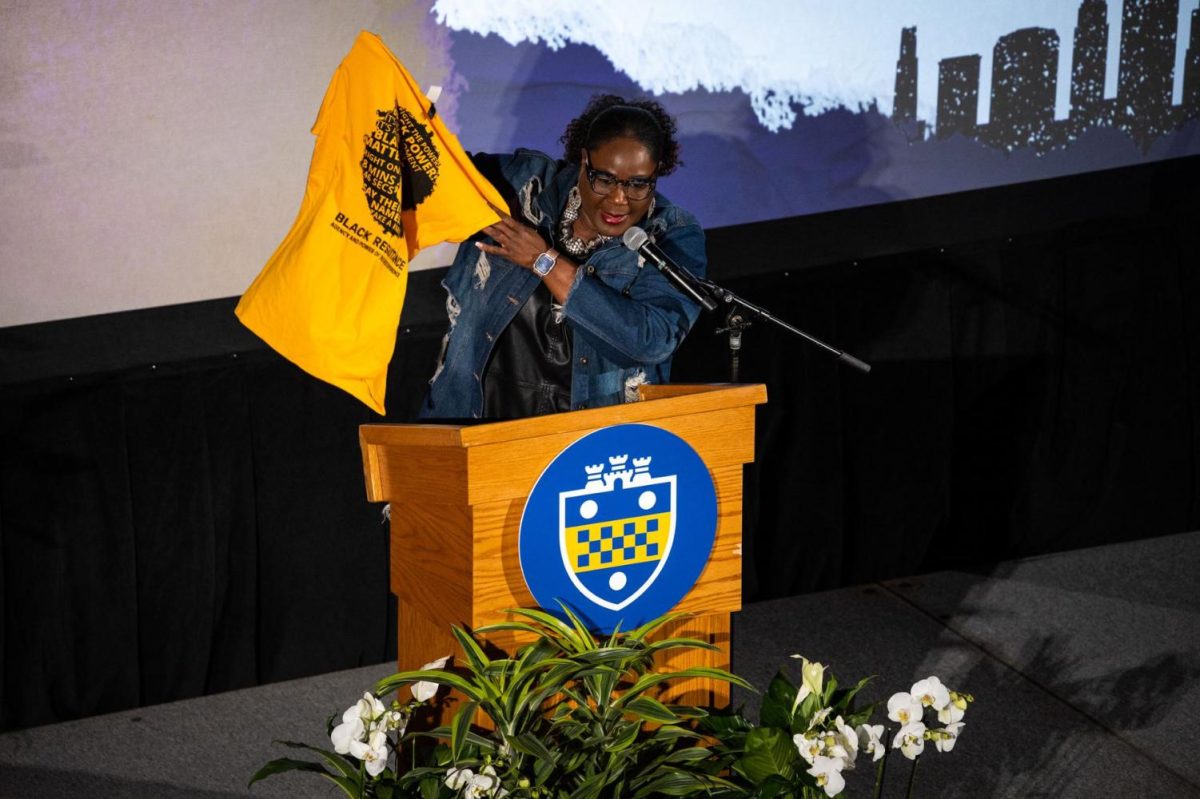The Ladybug | Dating, Love and Managing Loneliness
The Ladybug is a biweekly blog about adoptees and their experiences
February 23, 2023
With Valentine’s Day the other week, I decided to write on a topic that is not only relevant to those who are adopted — loneliness. One of my close friends who is also adopted made an insightful point in response to my first blog that being adopted can be really lonely.
Regardless of whether you are seeing someone or have a long-term partner, it can still feel lonely. I love my partner, but it is a fact that they are not adopted, so there are some inherent things they will never completely understand about me or relate to on a deeper level.
Then there’s the chaos of the casual dating scene. After hearing the horror stories and anxieties of dating from my friends, I am so glad I no longer have to deal with the drama of it all — fingers crossed. Having been through my fair share of relationships, I hope maybe I can share some insight into the nuances of being an adoptee in the dating scene as well as share some advice on what to look for in a partner.
Everyone carries a different amount of baggage and some may have less or more in comparison to others. It’s important not to compare. My partner likes to think that dating is about finding someone who carries about the same amount of baggage as you since that’s how it worked out for us. Realistically, I’m not sure how much data there is to back up that theory.
As for the pool of choices in the dating scene — everyone has different motivations. There are those who don’t have time for a relationship, those already in one, those with commitment issues, the emotionally unavailable and different personal preference factors that might filter out options.
Dating is not easy for anyone. It took me the longest time to understand how complicated it is. It might appear easy-peasy in the Hallmark movies with an adorable “meet-cute” and all, but it’s far more complicated. I wish movies more accurately displayed the dating scene, and how it might differ for adoptees.
As I mentioned in my last article, I didn’t really understand how adoption affected my life until I began seriously dating. My first serious relationship also happened to be during COVID, so along with adoption trauma I also was struggling with depression and anxiety. I would randomly get sad and weepy or extremely anxious. On top of that, my boyfriend at the time had an avoidant attachment style. When I’d feel anxious about our relationship I’d want to feel closer and lean on him for support. In response to trying to feel closer, he’d pull away. This reaction is to establish independence in the relationship for him to feel secure. The two attachment types have very different fears in relationships. For those who are anxious-attached, the fear is that their partner will pull away and become distant. For the avoidant, the fear is that they will lose their independence in the relationship.
There is a pattern of avoidant and anxious-attached people being attracted to each other. In the book “Attached,” the anxious-avoidant dance is described more in depth. Having different attachment styles is good to be aware of and has helped me reflect on my own as well as provided me tools to become more securely attached in relationships.
Since I was given up as a baby, I have a deep-rooted fear of abandonment. I like how the article linked describes and talks about fear of abandonment, but please keep in mind that it is not written by a licensed professional. I enjoy spending a lot of time with my partner which can make parting tough. There is a tightening in my chest and I begin to panic, overthink things and fear they might not come back. I won’t believe them when they tell me they will come back.
Having a healthy partner who is patient with me eases this fear, but getting to a place of feeling secure in the relationship took time and reassurance. There were times I didn’t trust their words. I felt needy or clingy asking for support. I didn’t want to be a burden. I told myself that I was being annoying and that I shouldn’t need consolation. I admit, some unhealthy patterns crept through from my past relationship, but we got through it. I communicate my anxieties when I can and in response he provides the reassurance I need. He tells me when he is not in a place to support me. This is how we effectively communicate.
Reminding myself that they will come back, watching TV or a movie, listening to music, showering and journaling are coping tools that have worked for me in these situations. I tend to spiral very easily, so using grounding techniques like meditation and breathing exercises have also proven useful.
Five minute meditations might sound like something you don’t think is worth your time or will help, but don’t knock it until you try it. In high school, we did this exercise in one of my health classes where we’d lay on mats on the ground, close our eyes and listen to a guided meditation with a body scan. This is when you focus your attention on different parts of your body working from your feet and up or the opposite. This is very relaxing and can help bring one awareness of their body. You can do these exercises anywhere, but if you want a designated place outside of your house, on the third floor in the William Pitt Union there’s a room called the Stress-Free Zone designed to help create a calm space to practice mindfulness.
Along with fear of abandonment, insecurity and self-worth sometimes play into relationship anxiety. My partner enjoys going to bars and drinking with friends. He is also in a fraternity, so he has mixers with sororities. When I was in a sorority, I didn’t think twice about going to our separate events. Not being in one this semester, I sometimes get caught up in the imbalance of our social calendars. My insecurity puts the fear in my head that he will cheat on me. This is my irrationality and anxiety talking. He can reassure me, but I’ve realized maintaining my independence is important in curbing these fears. Finding our “stride” as a couple took time. Relationships can be viewed as an investment. If you put the time and energy in, it is very rewarding.
In general, I have found the components to a healthy relationship are exercising healthy coping skills as well as being willing and open to effectively communicate. There might be differences in attachment styles that make things difficult, but at the end of the day communication is crucial. Clear communication and expressing intentions are “green flags” to look for early on. I was taught as a child to treat others how you’d like to be treated. If you want a person of interest to be clear in their intentions, don’t be wishy-washy about yours. Games might seem fun at first but can prove confusing to discern whether there is potential for a relationship. Healthy coping skills are valuable and prevent an imbalance of one person solely relying on the other for support. Everything is in moderation.
Maybe some adoptees are fortunate to not struggle as much or at all with these issues or maybe they just have better luck, but in my experience, it took a lot of being with the wrong people to know what I want and need in a relationship.
I share my issues not to discourage adoptees but rather to let you know that you’re not alone. I hope you can find comfort in that fact. Also remember to be kind to yourself. I’ve blamed myself for being not dateable, being unlovable or unworthy of love when things don’t work out with someone. I believe everything happens for a reason, so maybe it’s for the best. Not everyone will be a good fit. It’s important to remind yourself that you are dateable, you are loveable and you are worthy of love.
Abigail writes about adoption and the experiences of adoptees, you can reach her at afd28@pitt.edu with any further questions or comments.



